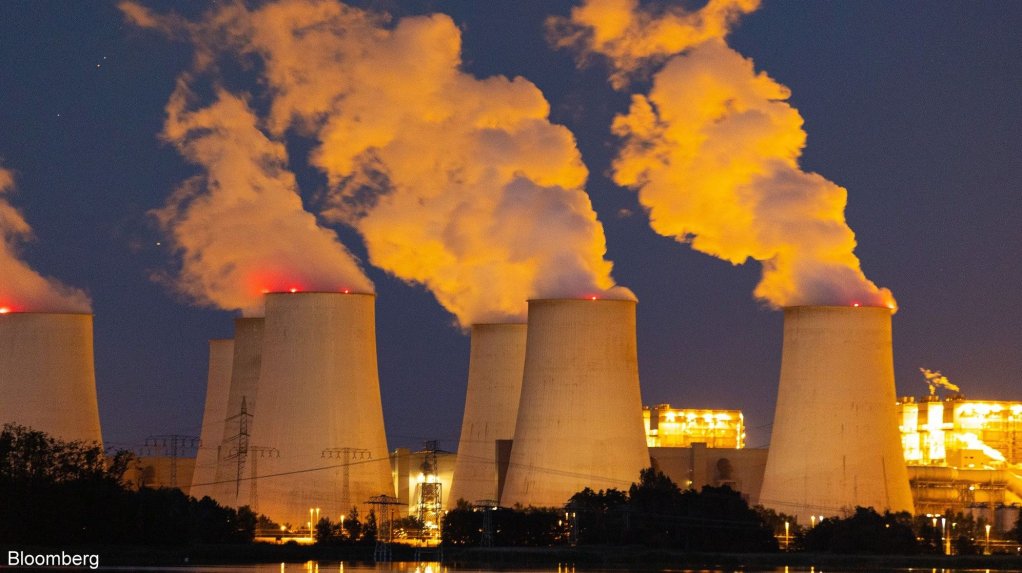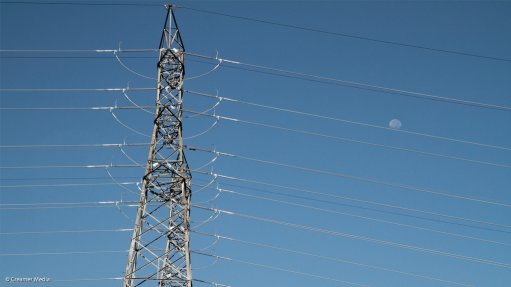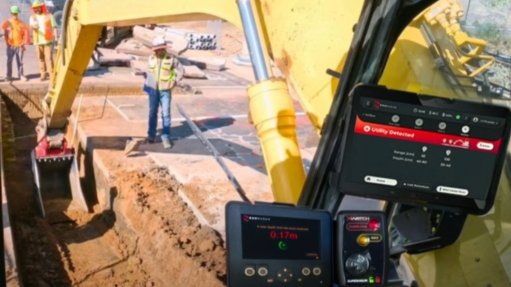PwC urges more collective climate resilience action as emissions increase
As the global decarbonisation decrease rate was only 1.02% in 2023, falling short of the average yearly decrease of 1.43% between 2000 and 2023 and far short of the required rate of 20% to keep global warming within 1.5 ˚C above preindustrial levels by the end of the century, South Africa is also falling behind in its efforts to limit greenhouse-gas (GHG) emissions.
Consultancy PwC finds in its latest ‘Net Zero Economy Index’ report for 2024 that GHG emissions have been increasing on the back of energy consumption and industrial activities, including in South Africa.
A significant driver of energy use has been the AI industry and heightened demand for cooling and heating to combat extreme temperatures, explains PwC Africa sustainability platform leader Lullu Krugel.
She notes that South Africa recorded an increase in carbon intensity of more than 2% between 2022 and 2023, as well as in its fuel factor by just under 4%.
“This indicates our efforts to reduce emissions still have some way to go. While this is contrary to expectations, given the levels of loadshedding and record numbers of solar PV installed last year, it is important to recognise that, beyond electricity generation, the fuel factor figures include the energy used to drive cars and trucks, power generators, as well as when burning wood, coal and paraffin for heating and cooking in homes,” Krugel points out.
She says South Africa is nonetheless still below pre-Covid-19 levels in terms of carbon intensity and the fuel factor. This small silver lining should not, however, make South Africans complacent, as it remains the largest polluter on the African continent. It also remains among the countries most at risk to the impacts of climate change, says PwC South Africa climate and nature specialist Matt Muller.
“We are a resilient nation, but we are not yet climate resilient. The effects of climate change are increasing the cost of living, threatening food and water security and affecting livelihoods. The flooding event in KwaZulu-Natal in 2022 exemplifies the severe impact that a changing climate can have on our society and its most vulnerable members,” he adds.
PwC calls for the intensification of existing strategies for South Africa to decarbonise, including nature-smart solutions that are economically inclusive and drive better business decisions.
“While climate-related risks are a key driver resulting in us taking action, the size of these opportunities should also motivate us.
“A big driver behind various opportunities is the need for new technical solutions, which brings with it the need for new skills,” says PwC Africa people and organisation leader Dr Dayalan Govender.
He cites a 'The Future of Jobs' report published by the World Economic Forum finding that the supply of skills in this area is not keeping up with the required demand, which has risen by 40% since 2015.
In a country like South Africa, which has a record high unemployment rate of 33.5%, and is facing the threat of increased climate-related impact, a two-pronged solution of developing the skills needed to build climate resilience within the country could unlock a new economy of jobs while building increased resilience to future climate shocks, Krugel explains.
The PwC experts agree South Africans need to adapt faster as a collective and find a way to win within these changing and challenging conditions.
“As a global society, we made formidable achievements in 2020 in our collective response to the Covid-19 crisis. With climate change now a pressing and crippling reality, we should be employing the same vitality in addressing this crisis as there isn’t another option, and we cannot afford to wait,” PwC concludes.
Article Enquiry
Email Article
Save Article
Feedback
To advertise email advertising@creamermedia.co.za or click here
Press Office
Announcements
What's On
Subscribe to improve your user experience...
Option 1 (equivalent of R125 a month):
Receive a weekly copy of Creamer Media's Engineering News & Mining Weekly magazine
(print copy for those in South Africa and e-magazine for those outside of South Africa)
Receive daily email newsletters
Access to full search results
Access archive of magazine back copies
Access to Projects in Progress
Access to ONE Research Report of your choice in PDF format
Option 2 (equivalent of R375 a month):
All benefits from Option 1
PLUS
Access to Creamer Media's Research Channel Africa for ALL Research Reports, in PDF format, on various industrial and mining sectors
including Electricity; Water; Energy Transition; Hydrogen; Roads, Rail and Ports; Coal; Gold; Platinum; Battery Metals; etc.
Already a subscriber?
Forgotten your password?
Receive weekly copy of Creamer Media's Engineering News & Mining Weekly magazine (print copy for those in South Africa and e-magazine for those outside of South Africa)
➕
Recieve daily email newsletters
➕
Access to full search results
➕
Access archive of magazine back copies
➕
Access to Projects in Progress
➕
Access to ONE Research Report of your choice in PDF format
RESEARCH CHANNEL AFRICA
R4500 (equivalent of R375 a month)
SUBSCRIBEAll benefits from Option 1
➕
Access to Creamer Media's Research Channel Africa for ALL Research Reports on various industrial and mining sectors, in PDF format, including on:
Electricity
➕
Water
➕
Energy Transition
➕
Hydrogen
➕
Roads, Rail and Ports
➕
Coal
➕
Gold
➕
Platinum
➕
Battery Metals
➕
etc.
Receive all benefits from Option 1 or Option 2 delivered to numerous people at your company
➕
Multiple User names and Passwords for simultaneous log-ins
➕
Intranet integration access to all in your organisation




















